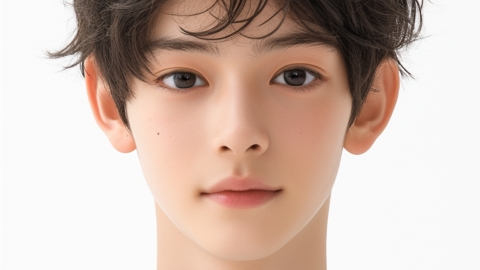Does the absence of beard growth in males affect sexual function?
Generally speaking, the absence of beard growth in males usually does not affect sexual function. If abnormalities in sexual function occur, timely medical consultation with a professional physician is advised for targeted examination and treatment. The analysis is as follows:

Beard growth is mainly influenced by multiple factors including heredity, hormone levels, hair follicle development, and age. Sexual function, on the other hand, involves several physiological processes such as erection and ejaculation, which are jointly affected by complex factors including nervous regulation, blood circulation, the endocrine system, and psychological status. Therefore, the condition of beard growth cannot directly reflect the status of sexual function.
Facial hair growth is closely related to genetic factors; some individuals naturally have sparse or no facial hair, which is a normal physiological phenomenon. Although androgens do influence beard growth to some extent, their impact on sexual function mainly manifests in sperm production and libido rather than beard growth. Even with lower androgen levels, it does not necessarily indicate abnormal sexual function.
Sexual function is influenced by various factors such as physical health, psychological state, lifestyle, and partner relationships. It is recommended to avoid unhealthy habits and maintain sufficient sleep, balanced nutrition, and appropriate exercise, all of which contribute to maintaining good sexual function.




